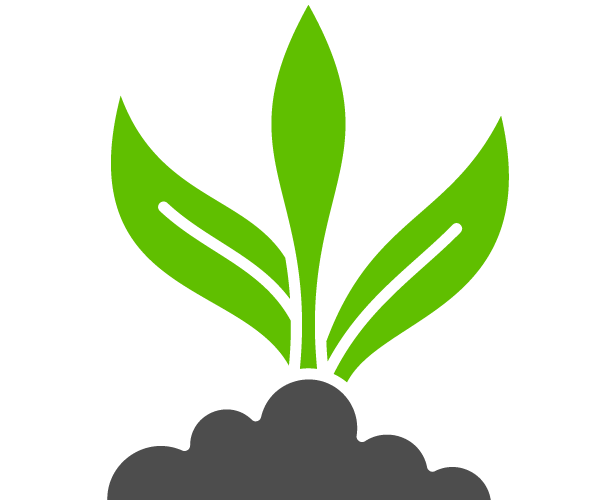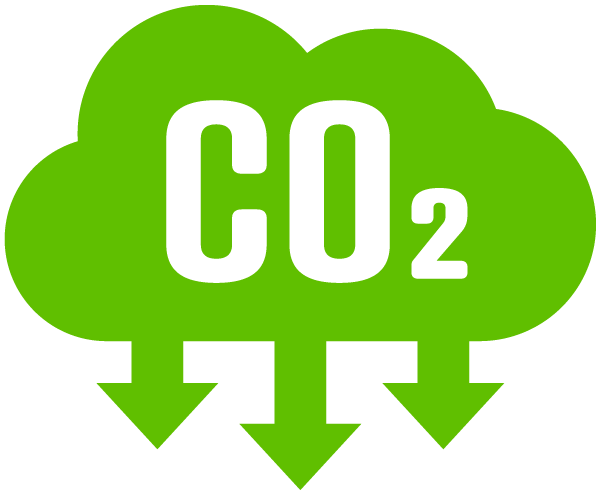"We want to help you succeed in solving your biggest process challenges — with a green approach!"
Dr. Ken B. Anderson
Thermaquatica
Founder and Chief Technology Officer

Removing CO2 from the atmosphere is hard. It takes lots of energy to do that. But nature already has a process that does all the hard work. It takes CO2 out of the atmosphere all the time - it grows plants.
One pound of raw plant matter contains about the same amount of carbon as one million liters of air. The challenge is sequestering that carbon. Locking it away where it can’t escape back to the atmosphere and harm our climate.

We are Thermaquatica, Inc. – a private spin-off of Southern Illinois University Carbondale, created to manage and foster commercialization of a breakthrough technology called Oxidative Hydrothermal Dissolution (OHD), for the conversion of low value materials, including many types of organic wastes, to high value products.
Our team has created the unique process, OHD, that converts waste biomass, we’re already producing anyway, into a water-soluble liquid. It looks like dark tea, and it contains almost all the carbon that was originally trapped in the biomass. We only need heat, water and oxygen to make it, and we can easily pump that solution into rocks, deep underground, where the microbes that live there eat it, and lock it away - for eons.
It’s paradigm shifting. A whole new way to think about removing carbon from the atmosphere. Its simple, scalable, carbon negative, and can be deployed almost anywhere there’s a source of waste, which is almost anywhere there are people! Instead of fighting natural processes, we take advantage of what nature has been doing all along - capturing carbon out of the atmosphere - then we put that carbon deep underground, where its locked away in the very rocks that we took it from in the first place.
Using this approach, we finally have the tool we need to start to undo centuries of carbon emissions to the atmosphere. The solution was in front of us all along: The waste we make from the plants we grow to feed ourselves.
Imagine that.

